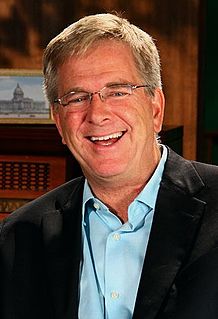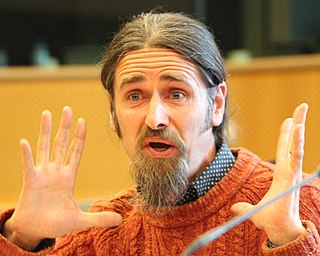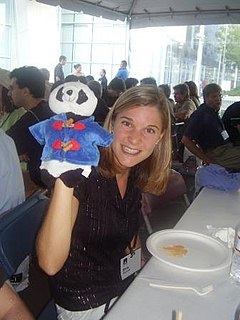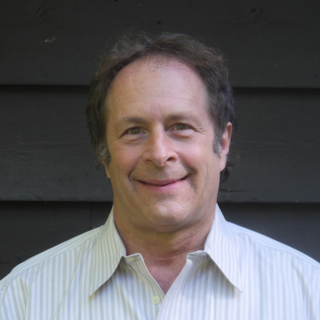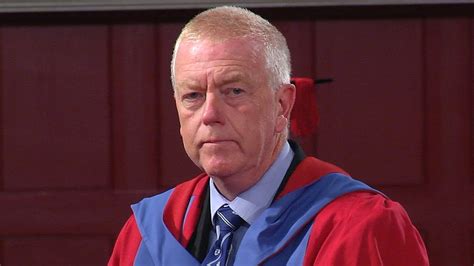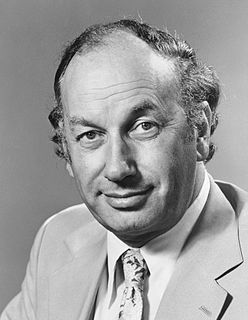A Quote by Richard Branson
I'd like to see the government back a programme of research into the medical properties of cannabis and I do not object to its responsible use as a recreational relaxant.
Quote Topics
Related Quotes
People make a decision on what they take based on whether or not it's legal. We give people at the age of 18 a choice to use alcohol, which is more harmful than cannabis. If they have the choice to use cannabis by legalising it, they'll be less likely to drink alcohol, giving people an option to use a safer drug. If people end up using cannabis instead of alcohol, that would obviously be a good thing.
The government has a monopoly on the supply of marijuana that you can use in FDA-approved research. So even though there are 20 states and the District of Columbia [that have legalized medical marijuana], and there's marijuana everywhere, we've spent seven years trying to get 10 grams of marijuana for vaporizer research. We're the only people in America that can't get 10 grams of marijuana.
The hybridoma technology was a by-product of basic research. Its success in practical applications is to a large extent the result of unexpected and unpredictable properties of the method. It thus represents another clear-cut example of the enormous practical impact of an investment in research which might not have been considered commercially worthwhile, or of immediate medical relevance. It resulted from esoteric speculations, for curiosity's sake, only motivated by a desire to understand nature.
Many good Christians are confused about complex social issues of our day, such as doctor-assisted death or medical research which uses stem cells from human embryos. They wonder, 'Why shouldn't science use discarded fetuses for research?' And if someone finds his medical condition intolerable and hopeless, 'why shouldn't he have the legal right to end his life?' Although the Bible does not address these issues in particular, it does provide guiding insights.
I think the most important work that is going on has to do with the search for very general and abstract features of what is sometimes called universal grammar: general properties of language that reflect a kind of biological necessity rather than logical necessity; that is, properties of language that are not logically necessary for such a system but which are essential invariant properties of human language and are known without learning. We know these properties but we don't learn them. We simply use our knowledge of these properties as the basis for learning.

